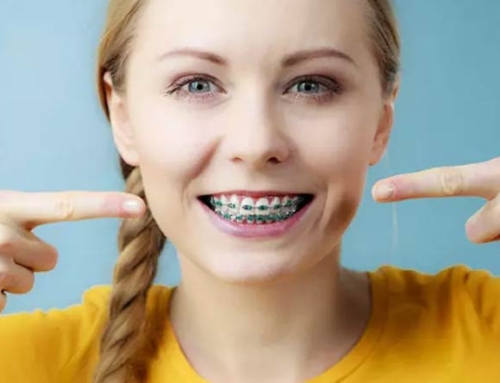No parent ever wants his or her child to experience bullying. Unfortunately, bullying is a reality for most children in America as 60% of children report seeing or experiencing bullying daily! Dosomething.org says that over 3.2 million students are victims of bullying in the United States each year.
What do bullies look for in their victims?
Did you know that when bullies choose someone to bully, they have three main physical characteristics that they look for to determine their victim:
- Teeth
- Strength (physical strength and appearance)
- Weight
Teeth are the #1 targeted physical feature that will increase a child’s chance of getting bullied. Parents should be proactive in helping ensure that their kids’ teeth are healthy by teaching them the importance of good oral hygiene and taking their children to see a dentist for regular check-ups and cleanings.
Five tips for parents that are concerned with bullying:
- Educate your children on the changes that are taking place with their teeth during childhood. Many kids lose their baby teeth and feel that they look weird or different. Have your dentist or orthodontist explain the process of the changes in their teeth to your children if you do not feel confident in your explanation.
- Show your kids your pictures or other family members when you lost your teeth or had braces. You are your kid’s hero, and if they see that you went through the same issues they are going through, this should make them feel better about themselves. If not, then Google search photos of some of their favorite actors or musicians and see if you can find some before and after pictures of their teeth and show them that even famous people had to go through the same changes as them.
- Take your child to see an orthodontist by the age of 7. The American Association of Orthodontics (AAO) has determined that the age of 7 is the perfect age to take your child for their first visit to see an orthodontist. This will help you and your child listen to a specialist’s opinion and determine if your child’s teeth and jaw are developing correctly. Most children will not need treatment at the age of 7, but it will create peace of mind for you and your child. Also, if your child does need early interceptive treatment, this can often help them to correct issues that would have been much worse in the future. Not only can this potentially help with bullying but in many cases, this can also save the discomfort and expense of future surgeries or much worse long-term effects.
- Ask your orthodontist to show your child before and after photos of other kids with similar issues. This will reassure your child that they are not alone and that plenty of other kids went through the same thing that they are going through, which is reassuring and should boost confidence.
- If you suspect your child’s confidence and self-esteem are being affected by their smile/teeth, then try to speak to the orthodontist in private before your first visit with your child. Often, an orthodontist can help uncover issues that are not affecting your kid. Some of the significant signs that should be warning signs that your child may be the victim of being bullied or teased are over jetting of flaring teeth (bucked teeth), speech difficulties or a lisp, severe underbite or overbite, asymmetrical growth of the jaw (jaw is not growing in-line with the center of the face), as well as several other issues that can and should be diagnosed by an orthodontist. To choose the best Miami orthodontist for your child, visit the ABO website and look up the closest board-certified orthodontist in your area.





